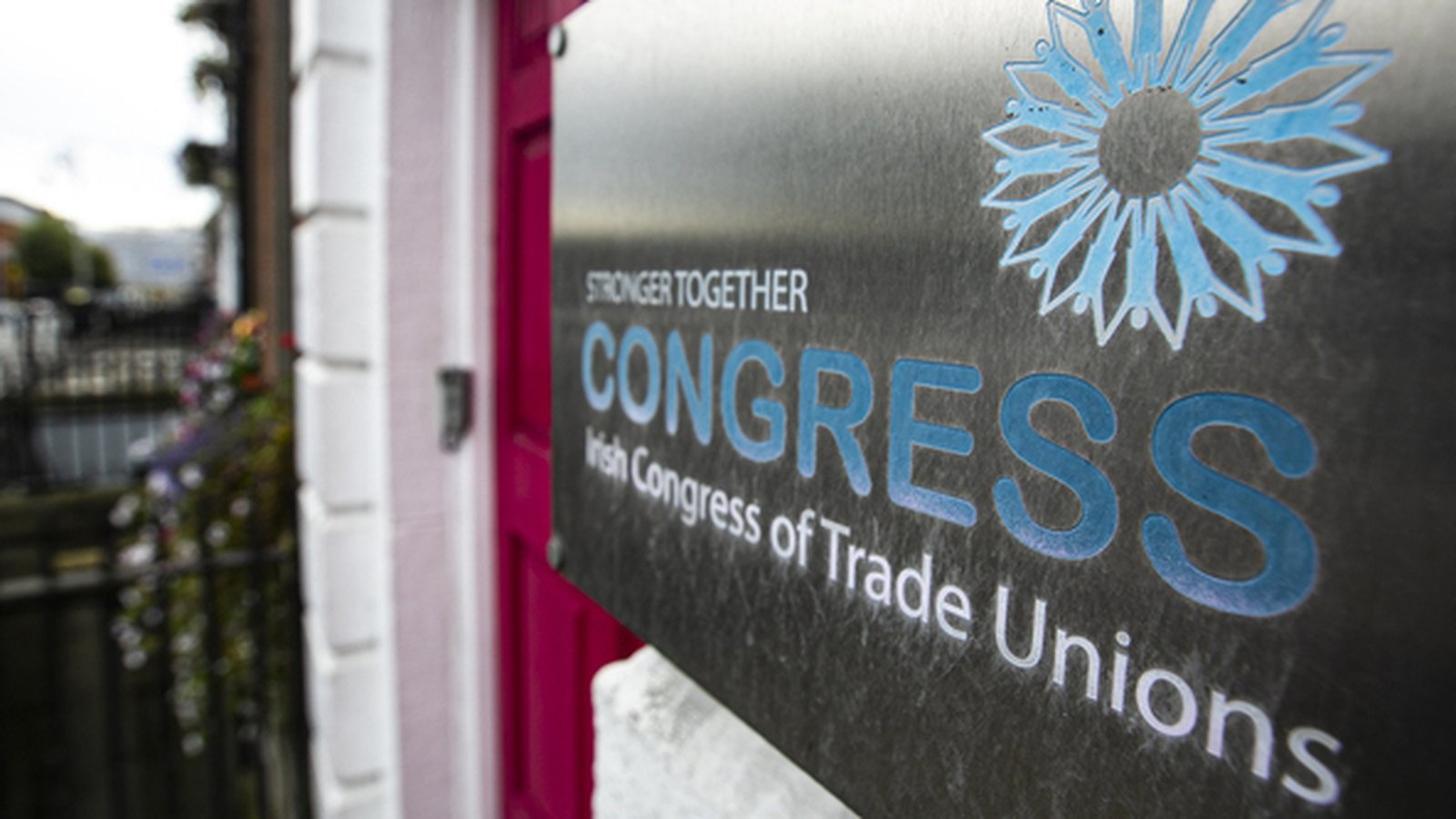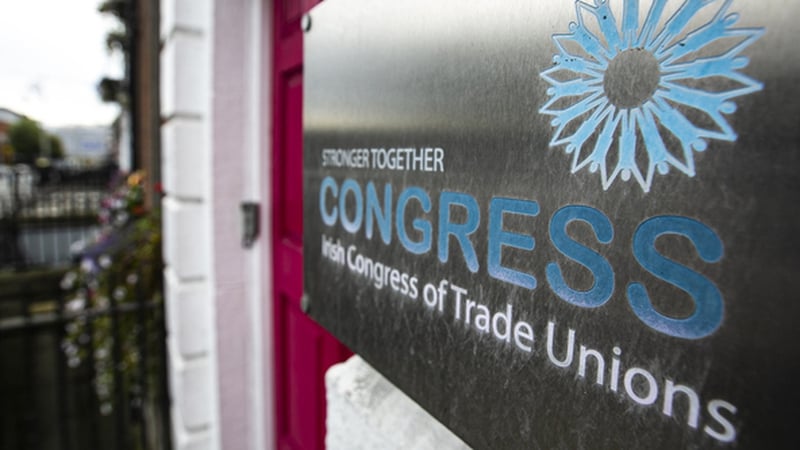Unions counter employer complaints about labour costs


Unions have pushed back against complaints from businesses about rising labour costs arising from a series of Government policy changes aimed at improving conditions for workers.
The Irish Congress of Trade Unions (ICTU) has described the labour market reforms as modest and has claimed perspective and balance is needed in the debate about the cost of doing business.
Employers have pointed to the added costs associated with the move to a living wage, the introduction of enhanced statutory sick pay, PRSI increases, the right to request remote working, a new public holiday, parental leave changes and pension auto-enrolment.
They have also criticised the timing of the changes, which they claim are coming together or in quick succession.
But ICTU general secretary, Owen Reidy, said most of the reforms merely bring Ireland into line with EU counterparts.
“We now have 2.71m people at work which is historic and excellent, but still for too many of these workers work does not pay,” he said.
“We hear some employers state that many of these modest reforms are coming at them all at once.”
“Most if not all, were flagged in the Programme for Government and have been staggered over years.”
Mr Reidy added that some employers have spoken in recent months of a sharp rise in business failures.
“But PwC stated that business failures in 2023 were 27 per 10,000 which is nearly half the average of the previous 20 years at 50 per 10,000 including the period of the global economic crash,” he said.
“We therefore need this discussion based on reality and not fantasy.”
“We need to ensure our economy and labour market work for workers and not just businesses.”
Mr Reidy also said that employers have received additional supports from the Government for Brexit, Covid 19, the war in Ukraine and the cost-of-living crisis, but some employers are not able to wean themselves off such supports.
ICTU has published a paper which it claims supports its position.
It points out that some of the sectors “shouting the loudest” on the issue, such as hospitality and retail, have seen real employment growth in the last year.
It also claims that when it comes to taxes on labour, employers in Ireland pay about half of what their peers in other wealthy European countries pay.
“The Government’s measures are being introduced gradually and at a time of notable economic strength,” it says, with a tight labour market and record levels of employment.
“For example, the transition to the higher minimum wage is taking place over a four-year period while the auto enrolment scheme is being phased in over a 10-year period and represents a long-standing and long-flagged commitment of government.”





